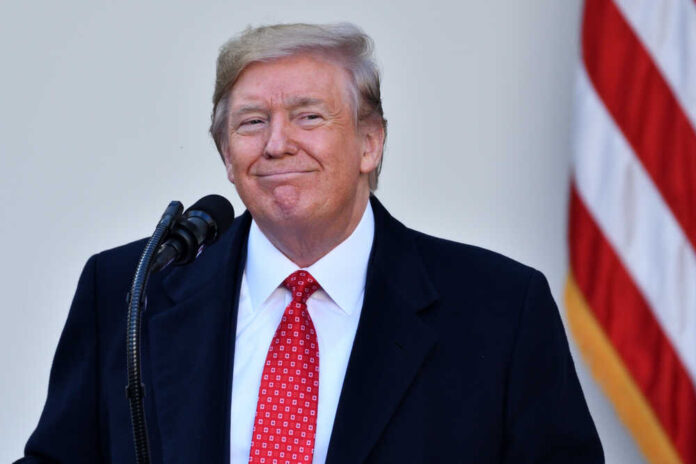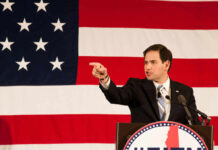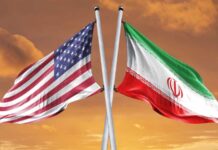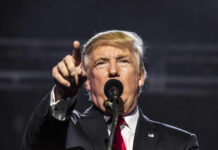
Despite bold claims by the No Labels Party and the Problem Solvers Caucus about their commitment to unity, a new internal dispute among insiders reveals a growing divide. The discord has profound implications for the opposition’s readiness to counteract President Donald Trump’s bid for the 2024 presidential election.
In 2016, Trump was an underdog in a field of Republican candidates. Yet, due to the establishment’s lack of concerted opposition, he secured enough delegates to clinch the nomination. History may repeat itself with the ongoing infighting in the bipartisan Anti-Trump caucus.
The Problem Solvers Caucus, a 64-member group established by the No Labels Party, purports to seek political unity. The No Labels Party recently introduced the notion of a “unity ticket”—pairing a Democrat and a Republican for the presidential race to challenge both Trump and Biden.
Never trumpets are traitors and conspire with Democrats until Democrats don’t want to bother… classic definition of RINO.
'Bipartisan' Anti-Trump Caucus in Congress Splits Over Partisan Attack on a Democratic Member https://t.co/7giW18xKTV
— Free Speecher (@RealKSridharan) May 26, 2023
However, Democrats now say they perceive a hidden agenda that benefits Republicans at their expense. They claim the “unity ticket” draws more voters away from Democrats than the GOP. Rep. Brad Schneider (D-IL), a founding member of the Problem Solvers Caucus, criticized the result, claiming it would only increase the probability of Trump’s return.
The ensuing turmoil from this ideological clash exposes the limitations of a group pledging to eschew partisan politics. Angered by No Labels’ critique of his opposition to the unity ticket, Schneider said, “No Labels’ attacks are the kind of division the country needs less of right now, and it’s a betrayal of every moderate and every problem solver in Congress.”
Schneider’s rebuke of the No Labels Party has attracted support from fellow members of the Problem Solvers Caucus, including Rep. Abigail Spanberger (D-VA). She asserted that No Labels is “wasting time, energy, and money on a bizarre effort that confuses and divides voters and has one obvious outcome — reelecting Donald Trump as President.”
Despite this bickering within the caucus, members seem to have no intention of leaving. This refusal to split underscores a paradox: unity may not always signify agreement. The dispute over Schneider’s criticism of the unity ticket idea reveals that being part of a caucus doesn’t necessarily mean aligning with every proposal.
In response, No Labels defended its concept of a unity ticket, suggesting that most Americans want more choices in the presidential election. In addition, the group contends that their effort to get ballot access in every state is gaining traction outside Washington, D.C.
This political drama has two potential outcomes: it could strengthen the unity within the Anti-Trump caucus by forcing them to confront and resolve their disagreements, or it could further fragment the opposition, clearing the path for a potential Trump victory.
Only time will reveal the fate of the caucus, but the present discord seems to play into the hands of President Trump. As the saying often attributed to Napoleon goes, “Never interrupt your enemy when he is making a mistake.”



























